Search Articles
Browse Content
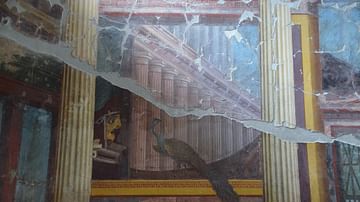
Article
A Visitor's Guide to Oplontis, Stabiae & Boscoreale
More than 2,000 years ago, extremely wealthy Romans lived on the sunny shores of the Bay of Naples at Pompeii and in opulent villas nearby, unconcerned about Mount Vesuvius in the distance. Julius Caesar (100-44 BCE), Augustus (r. 27 BCE...

Article
Saladin's Conquest of Jerusalem (1187 CE)
Jerusalem, a holy city for the adherents of all three great monotheistic religions (Judaism, Christianity, and Islam) was conquered by the armies of the First Crusade in 1099 CE. The Muslims failed to halt their advance, as they were themselves...
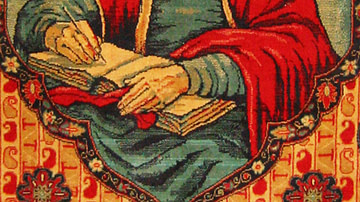
Article
Ten Great Persian Poets
Persian literature derives from a long oral tradition of poetic storytelling. The first recorded example of this tradition is the Behistun Inscription of Darius I (the Great, r. 522-486 BCE), carved on a cliff-face c. 522 BCE during the period...
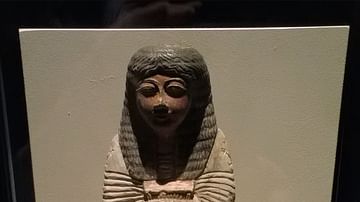
Article
The Five Gifts of Hathor: Gratitude in Ancient Egypt
The central cultural value of ancient Egypt was ma'at – harmony and balance – which maintained the order of the universe and the lives of the people. Keeping balance in one's life encouraged the same in one's family and, by extension outward...
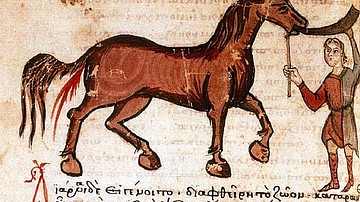
Article
A Brief History of Veterinary Medicine
The English word 'veterinarian' as defining one who provides medical care to animals, comes from the Latin verb veheri meaning “to draw” (as in "pull") and was first applied to those who cared for “any animal that works with a yoke” – cattle...
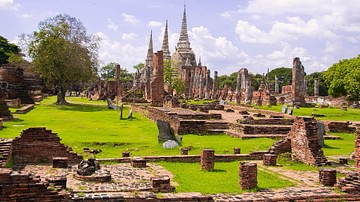
Article
Ayutthaya: Venice of the East
The royal city of Ayutthaya (ah-you-tah-ya) was a small kingdom in Siam (modern Thailand), and it was an unrivalled commercial and maritime power from 1350-1767 CE. Ayutthaya became the second capital of Siam in 1438 CE when it absorbed the...
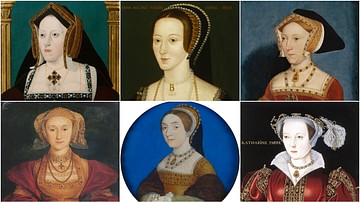
Article
The Six Wives of Henry VIII
In his search to secure the continuation of the Tudor line, Henry VIII of England (r. 1509-1547 CE) married an incredible six times. Some marriages were the result of passion while others were arranged for political reasons. One divorce caused...
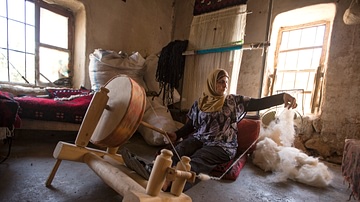
Article
Ancient Handicrafts in Rural Lebanon
Traditional Lebanese handicrafts are considered to be a major sector of the living cultural heritage in the rural areas of Lebanon. Transmitted from one generation to another, traditional rural Lebanese handicrafts have been able to persist...
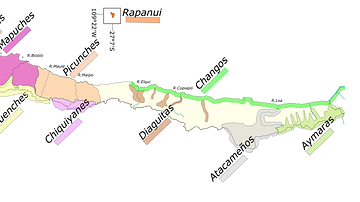
Article
Indigenous Intercultural Health in Chile
Since the return to democracy in Chile in 1990 CE, the new governments have dealt with one of the great historical debts of the Chilean state, its relationship with the indigenous peoples. These peoples have been historically marginalized...
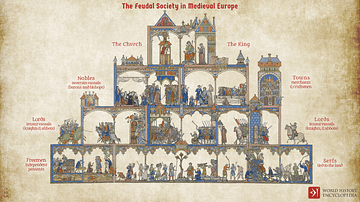
Article
Effects of the Black Death on Europe
The outbreak of plague in Europe between 1347-1352 – known as the Black Death – completely changed the world of medieval Europe. Severe depopulation upset the socio-economic feudal system of the time but the experience of the plague itself...